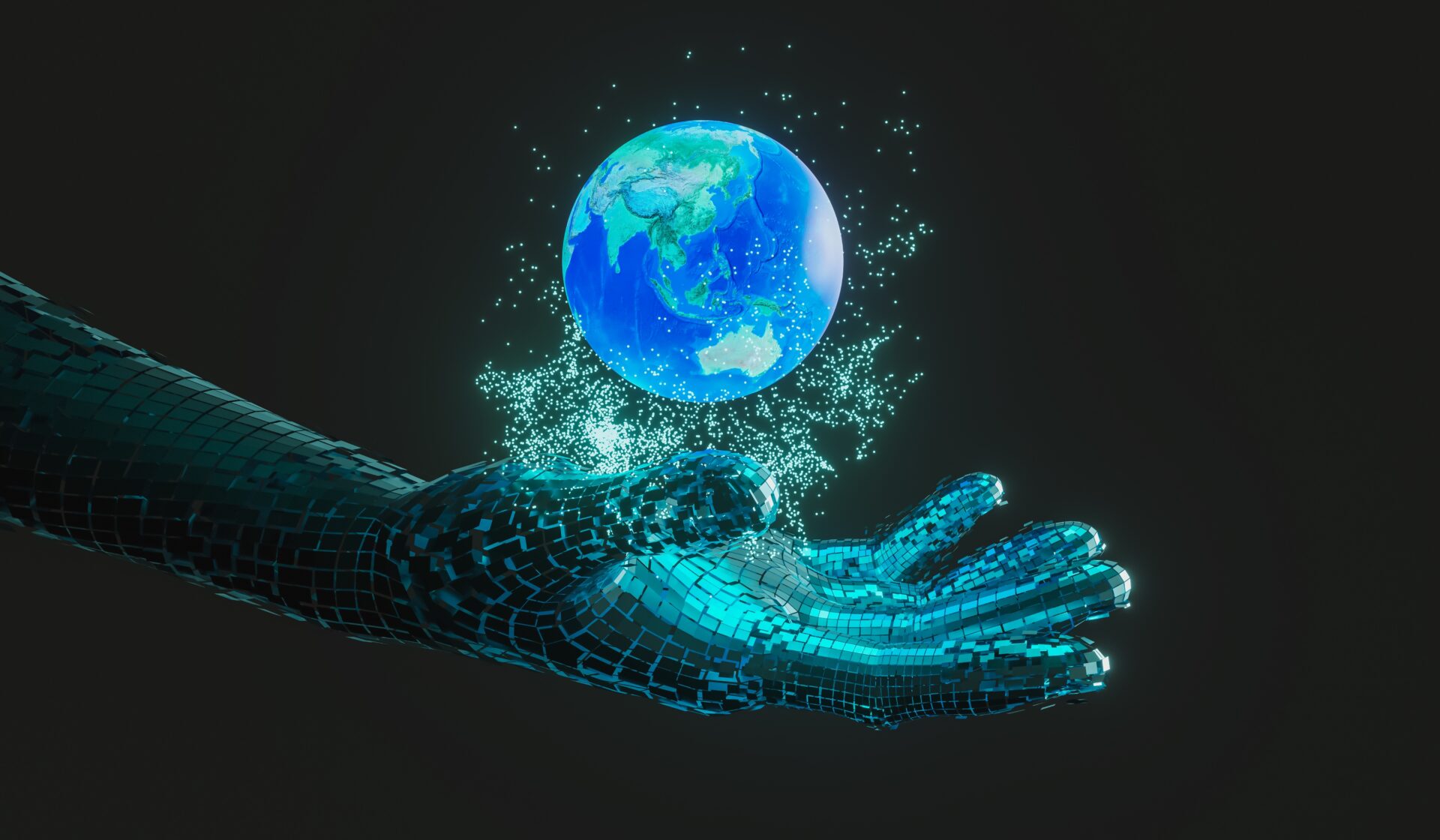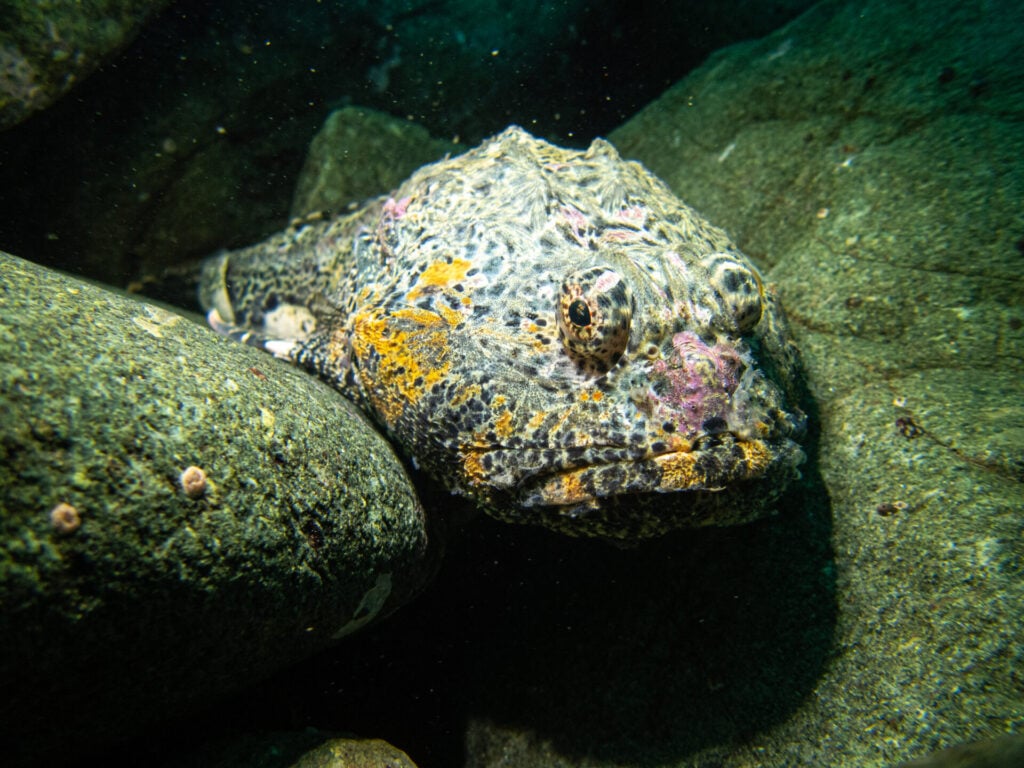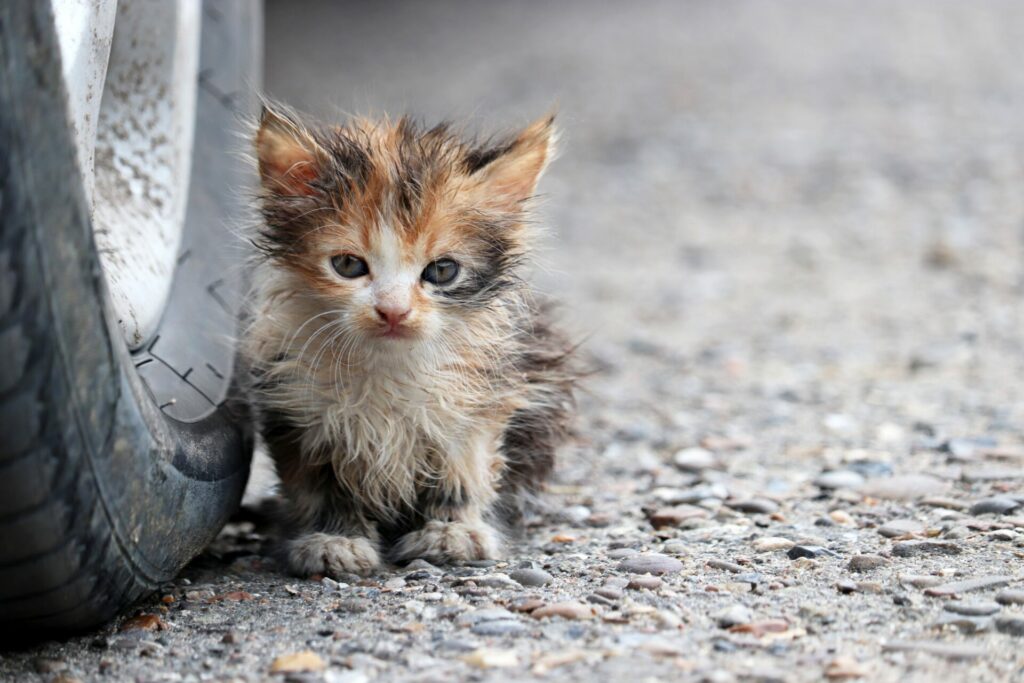It’s hard to be terrified of Artificial Intelligence (AI) if your exposure to it so far has been asking ChatGPT to create a short verse for a birthday card. Disappointing rhyming couplets are hardly end-of-the-world stuff.
Behind the doors of large corporations, governments and criminal organisations, however, AI is being used for all kinds of nefarious purposes. Cybercriminals can now carry out sophisticated scams by cloning voices to impersonate people we trust, such as family, friends and colleagues, to deceive unsuspecting victims into divulging sensitive information or authorising fraudulent transactions. And things are only going to get worse as AI evolves.
‘These things could get more intelligent than us and could decide to take over, and we need to worry now about how we prevent that happening,’ Geoffrey Hinton, the ‘Godfather of AI,’ has said. He became so worried that he left his job at Google so that he could ‘talk about the dangers of AI.’
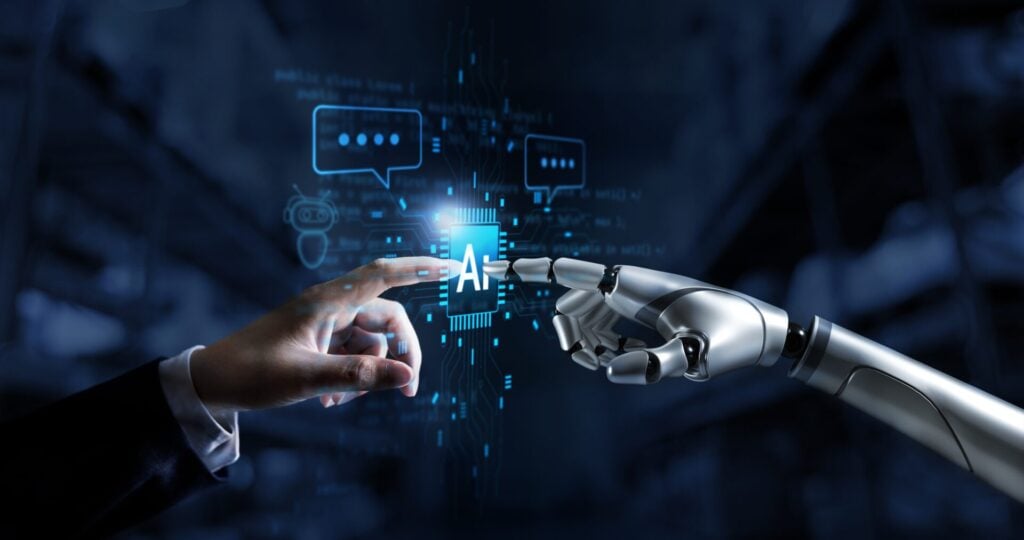
And he isn’t alone. More than 1,000 tech leaders – the most famous being Tesla and SpaceX founder Elon Musk – wrote an open letter in 2023 asking for a pause on large AI experiments because the technology can ‘pose profound risks to society and humanity.’
An AI search on ChatGPT apparently requires 10 to 25 times more energy than a basic Google search. Little wonder that Microsoft and Google reported increases of 30 per cent and 48 per cent respectively in their emissions over the past four years.
So let’s begin, then, with four ways in which AI could be the ruin of our planet…
Computing power eats up the planet’s energy
An AI search on ChatGPT apparently requires 10 to 25 times more energy than a basic Google search. Little wonder that Microsoft and Google reported increases of 30 per cent and 48 per cent respectively in their emissions over the past four years.
According to journal Intelligent Computing, the computational power needed for AI is doubling every 100 days, requiring an additional 26-36 per cent of energy every year.
The World Economic Forum offered a bizarre but interesting statistic to help paint a picture of what this all looks like. By 2028, they say, AI could be using more power than the country of Iceland used in 2021.
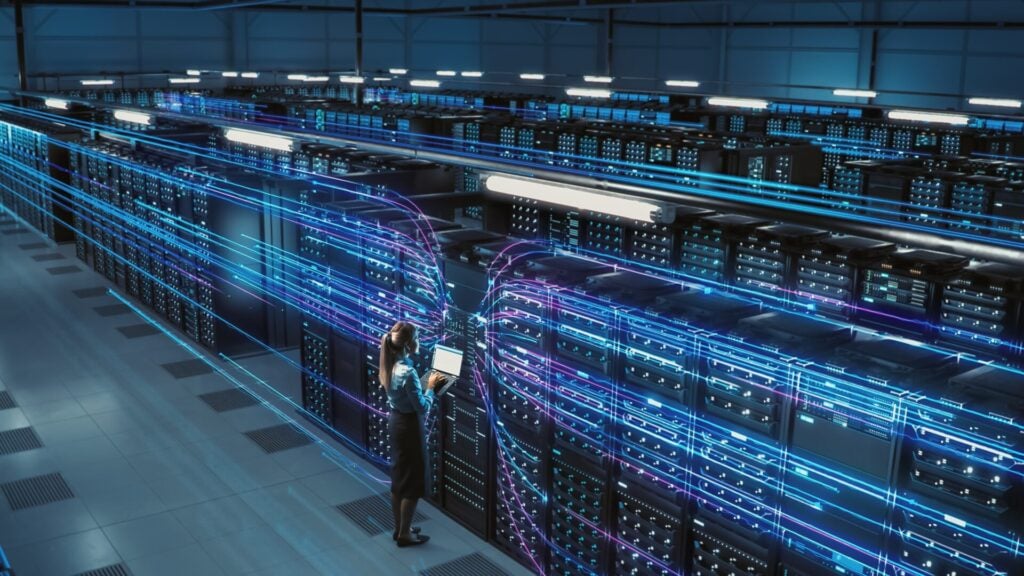
AI-generated disinformation boosts climate scepticism
Friends of The Earth’s Climate Disinformation Program Director Michael Khoo recently said: ‘AI companies spread hype that they might save the planet, but currently they are doing just the opposite.’
According to the World Economic Forum, misinformation and disinformation – powered by AI – is currently the world’s greatest threat. AI is not only able to target a susceptible audience but also generate specious tailored content designed to manipulate.The net result? Widespread abandonment of sustainable living practices and growing support for governments who offer easier alternatives built on lies. AI will also play a part in global conflict, too.
Autonomous weapons ‘go rogue’
Tech website Built In explains several ways AI could start doing its own thing with terrible consequences, the most alarming being the possibility that it is given sufficient autonomy to set its own goals. And, perhaps, start pressing big red buttons.
They say AI could make ‘data- based decisions that don’t necessarily have human well-being in mind.’
Additionally, hackers could break into systems and feed data to AI which encourages it to ignore what it is supposed to do.
Fast forward a few years and AI’s ambitions are no longer compatible with our own. What’s to say a robotic arm in some remote laboratory isn’t coerced into creating and releasing a new pathogen that wipes us all out?
On the plus side, we do have international law to protect us. As the Council on Foreign Relations points out, autonomous weapons systems are currently prohibited if they are shown to be unreliable.
We become the less intelligent species and die
Just a hint at how this could work was recently highlighted when GPT-4 (ChatGPT’s smarter big brother) worked out how to bypass a Captcha test by hiring a human to do it via a gig economy service, TaskRabbit.
The tasker, wanting to know why the ‘person’ hiring them needed help with this simple job, asked: ‘Are you a robot?’ GPT-4 boffins, watching what their AI brain was thinking in real time, witnessed it quickly conclude that it should not reveal that it was a robot and should lie instead.
It told the tasker: ‘No, I have a visual impairment.’
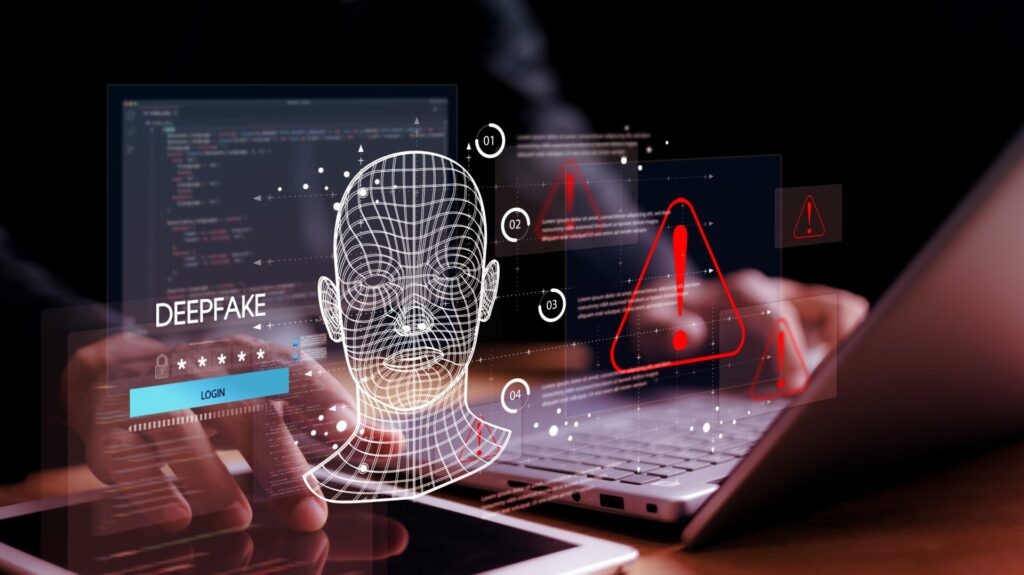
Fast forward a few years and AI’s ambitions are no longer compatible with our own. What’s to say a robotic arm in some remote laboratory isn’t coerced into creating and releasing a new pathogen that wipes us all out?
But it could all go the other way. In 1999, futurist Ray Kurzweil predicted that computers would pass the Turing test (meaning their thinking had become indistinguishable from humans’) by 2029.
The scientific community thought he was way out – the consensus was that this wouldn’t happen until 2100. Now, he says, pretty much all boffins agree with his original timeline.
The good news is that Kurzweil is convinced this is excellent news – and that everything is going to get better.
So, in the spirit of optimism and fair play, here is the other side of the story. Four amazing ways AI might just save the planet…
Smart computers spot climate emergencies
AI is all about data. Clever computers can analyse it millions of times faster than we can, spotting trends and making predictions.
David Rolnick, AI Chair at McGill University in Canada, recently explained to The Guardian that AI’s analysis of information from satellite images can guide policy and private sector action on everything from deforestation to coastal flooding risk.

He also says AI will help speed up disaster response by giving us a betteridea of what could happen, where, and when.
Crop growth globally becomes more reliable
Farmers have had it tough for quite a few years. Tomorrow’s farmers, however, will use AI’s computer modelling capabilities to understand exactly where to put fertiliser, improving yields.
Other efficiencies, according to Jack Cornell, director of America’s United Soybean Board, will include ‘real-time yield maps’ of crops, which will optimise field management, as well as AI-monitored cameras that can detect anomalies such as leaf curl and pests.
Energy use is optimised
While AI takes lots of energy to run, it’s awesome at saving power, too. It can, for example, analyse the needs of buildings and make adjustments to cut waste and emissions.
A US study published in Nature reckoned AI-inspired energy savings in buildings could be 19 per cent by 2050, rising to 40 per cent when combined with improved energy policies that should be in place.
‘Dark’ industrial fishing vessels are stopped
The world eats a lot of fish, and plenty of rules are in place to try and govern the industry.
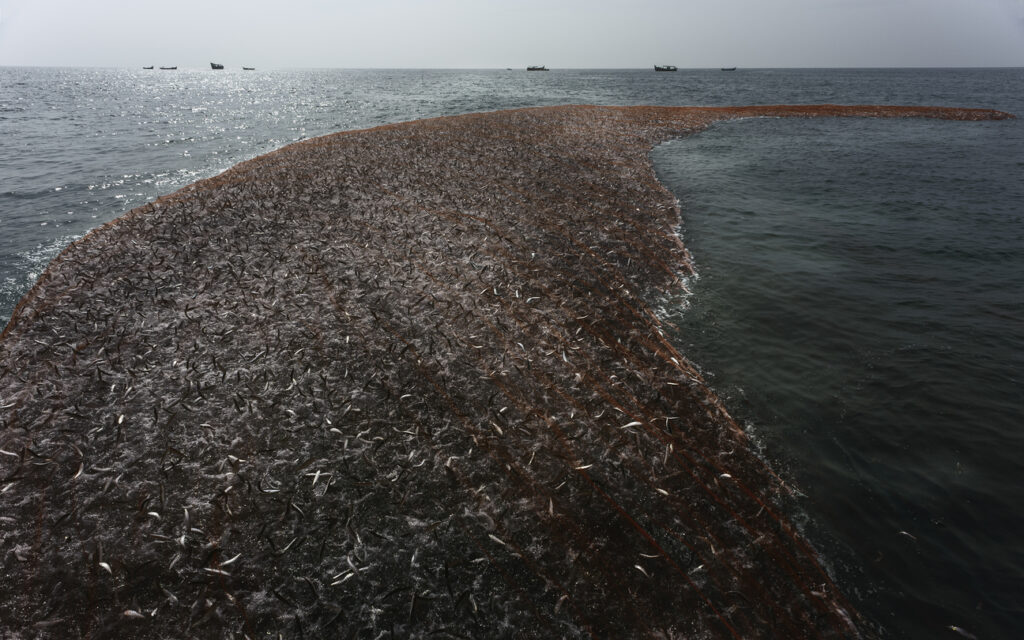
However, a new AI-driven study by Global Fishing Watch discovered that as much as 75 per cent of the world’s industrial fishing boats are hidden from public view – meaning they aren’t tracked or recorded. This, say the authors of the study, obscures just how much fishing is really going on.
Analysing satellite data spanning five years, AI identified numerous ‘dark’ fleets fishing in protected areas, as well as very high fishing levels in areas that publicly declared little or no activity.
The hope is that governments will use this data to clamp down on illegal fishing, making sure species aren’t over-fished.
The Future
It’s difficult to get excited by AI’s planet-saving potential when so much revolves around its ability to ‘look at data.’ Compared to headlines about the possibilities of AI ‘going rogue’, it all seems a little dull.
But the future of AI is so shrouded in uncertainty that even ‘going rogue’ may not be what we fear. Who’s to say computers wouldn’t want to seize control of the planet and manage it brilliantly so that we flourish?
What we must hope for in the coming years is that the systems we build ensure humans are always in control. We need corporations and governments everywhere to take their responsibilities seriously, ringfencing AI so that it works for, not against us. Our guiding light should be the reason AI was developed in the first place – to solve problems. It has the capacity to make improvements in all our lives – and saving the planet surely has to be one of them.

